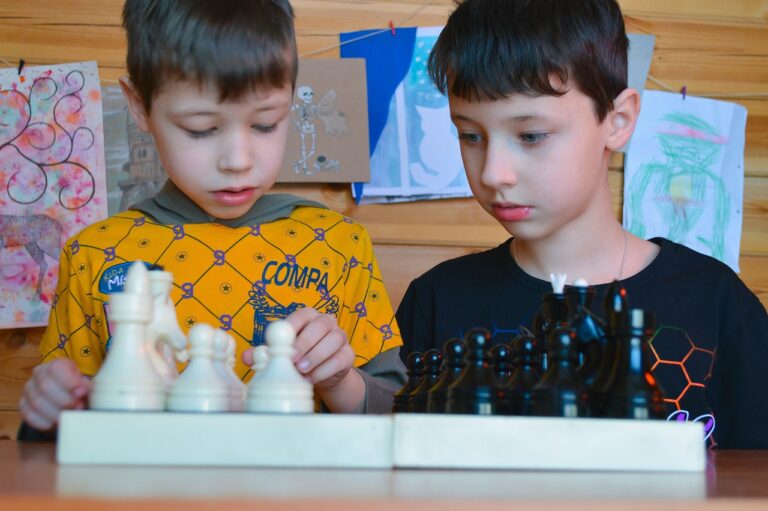Promoting Intercultural Competence Through Language Education
Language education plays a crucial role in fostering intercultural understanding among individuals from diverse backgrounds. By learning a new language, individuals gain not only linguistic proficiency but also a deeper insight into the customs, traditions, and values of other cultures. This exposure helps break down barriers and promotes empathy and respect for differences.
Moreover, language education provides a platform for meaningful cross-cultural communication, enabling individuals to engage with people from different cultural backgrounds on a deeper level. Through language learning, individuals can better appreciate the nuances of communication styles and societal norms, leading to enhanced intercultural competence. Ultimately, language education serves as a catalyst for promoting harmony and unity in an increasingly interconnected world.
Cultural Sensitivity and Awareness in Language Learning
Cultural sensitivity plays a crucial role in language learning as it enables individuals to understand and appreciate different cultural norms and traditions. By being aware of cultural nuances, language learners can effectively navigate intercultural interactions and avoid misunderstandings that may arise due to cultural differences. This awareness also fosters respect for diversity and promotes positive attitudes towards people from different backgrounds.
Incorporating cultural elements into language learning helps learners develop a deeper understanding of the language’s context and usage. When learners engage with cultural aspects such as traditions, customs, and values, they can gain insights into the underlying meanings and nuances of the language. This holistic approach to language learning not only enhances language proficiency but also promotes empathy and open-mindedness towards diverse cultures.
The Role of Communication Skills in Building Intercultural Competence
Intercultural competence is a vital skill that allows individuals to effectively communicate and interact across cultural boundaries. In today’s globalized world, the ability to navigate diverse cultural landscapes is crucial for success in both personal and professional contexts. Communication skills play a key role in building intercultural competence, as they enable individuals to express themselves clearly and understand others’ perspectives.
Effective communication involves not only verbal language but also non-verbal cues and cultural nuances. By mastering communication skills, individuals can bridge cultural gaps and foster meaningful connections with people from different backgrounds. Developing intercultural competence through communication skills enhances empathy, respect, and open-mindedness, leading to increased cultural sensitivity and awareness. In turn, this promotes mutual understanding and harmony in intercultural interactions, contributing to a more inclusive and cohesive society.
– Effective communication involves verbal and non-verbal cues
– Communication skills help bridge cultural gaps
– Developing intercultural competence enhances empathy, respect, and open-mindedness
– Increased cultural sensitivity leads to mutual understanding and harmony in interactions
Why is language education important in promoting intercultural understanding?
Language education is crucial in promoting intercultural understanding because it allows individuals to communicate effectively with people from different cultures, leading to improved relationships and mutual respect.
How can cultural sensitivity and awareness be developed in language learning?
Cultural sensitivity and awareness can be developed in language learning through exposure to different cultural norms, values, and traditions, as well as by engaging in cross-cultural communication and interaction.
What role do communication skills play in building intercultural competence?
Communication skills are essential in building intercultural competence as they enable individuals to effectively convey their thoughts, ideas, and emotions across cultural boundaries, fostering understanding and cooperation.






